Soundproof glass, a marvel in architectural technology, has transformed the way we experience and design spaces. This article delves into the world of
soundproof glass, unraveling its applications, benefits, and the profound impact it has on creating serene environments in the midst of urban noise.
In an era marked by bustling cities and constant activity, the need for peaceful and quiet spaces has become increasingly crucial. Soundproof glass, with its advanced acoustic insulation properties, provides an elegant solution to this challenge. Architects and designers are integrating this technology into buildings to create havens of tranquility in the midst of the urban cacophony.
The applications of soundproof glass are diverse and far-reaching. In residential settings, it acts as a shield against external noise, allowing homeowners to enjoy peace and quiet within their homes. Similarly, in commercial spaces such as offices and hotels, soundproof glass enhances the quality of the environment by minimizing the intrusion of external disturbances, contributing to a more focused and comfortable atmosphere.
One of the key features of soundproof glass is its ability to maintain transparency without compromising its noise-reducing capabilities. This allows for the creation of open and well-lit spaces while effectively keeping unwanted sound at bay. The transparency of these glass panels also ensures that the aesthetic and architectural integrity of a space is preserved, offering both functionality and visual appeal.
The technology behind soundproof glass involves multiple layers of glass with interlayers designed to dampen and absorb sound waves. These layers are precisely engineered to target different frequencies, resulting in a comprehensive approach to noise reduction. Additionally, advancements in manufacturing techniques have led to thinner yet equally effective soundproof glass, providing architects with more design flexibility.
Beyond its primary function of noise reduction, soundproof glass contributes to energy efficiency. The insulation properties of the glass help regulate indoor temperatures, reducing the reliance on heating and cooling systems. This not only enhances the sustainability of buildings but also contributes to energy cost savings over time.
As urbanization continues to accelerate, the demand for soundproof glass is expected to grow. Whether used in residential buildings, offices, hotels, or public spaces, the impact of this technology extends far beyond mere noise reduction. It transforms the way we experience and design our surroundings, fostering a sense of tranquility in the midst of the bustling world outside.
In conclusion, soundproof glass stands as a testament to the marriage of technology and design, offering a solution to the growing need for peaceful spaces in our dynamic urban environments. As architects continue to embrace this innovative technology, we can anticipate a future where the serenity of our living and working spaces is no longer compromised by external noise.
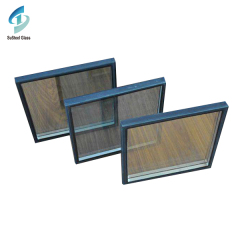


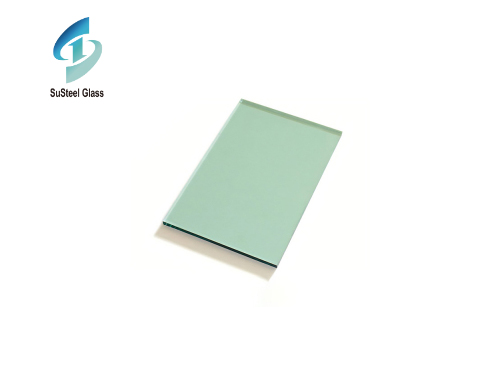 Exploring the World of Green Tinted Glass Products: Versatility and Sustainability
Exploring the World of Green Tinted Glass Products: Versatility and Sustainability
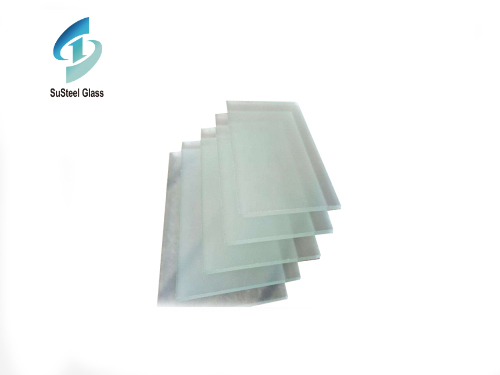 Exploring the Versatility and Elegance of Custom Thick Glass
Exploring the Versatility and Elegance of Custom Thick Glass
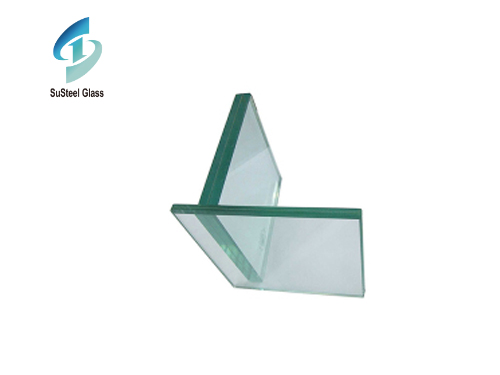 Unveiling the Strength and Versatility of Laminated Glass: Exploring Material Properties
Unveiling the Strength and Versatility of Laminated Glass: Exploring Material Properties
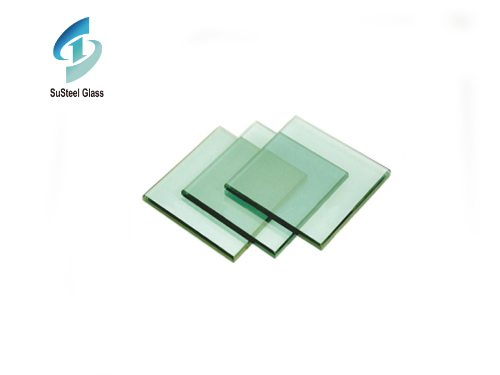 Enhancing Safety with Blast Resistant Glass: Innovations, Applications, and Protective Solutions
Enhancing Safety with Blast Resistant Glass: Innovations, Applications, and Protective Solutions

